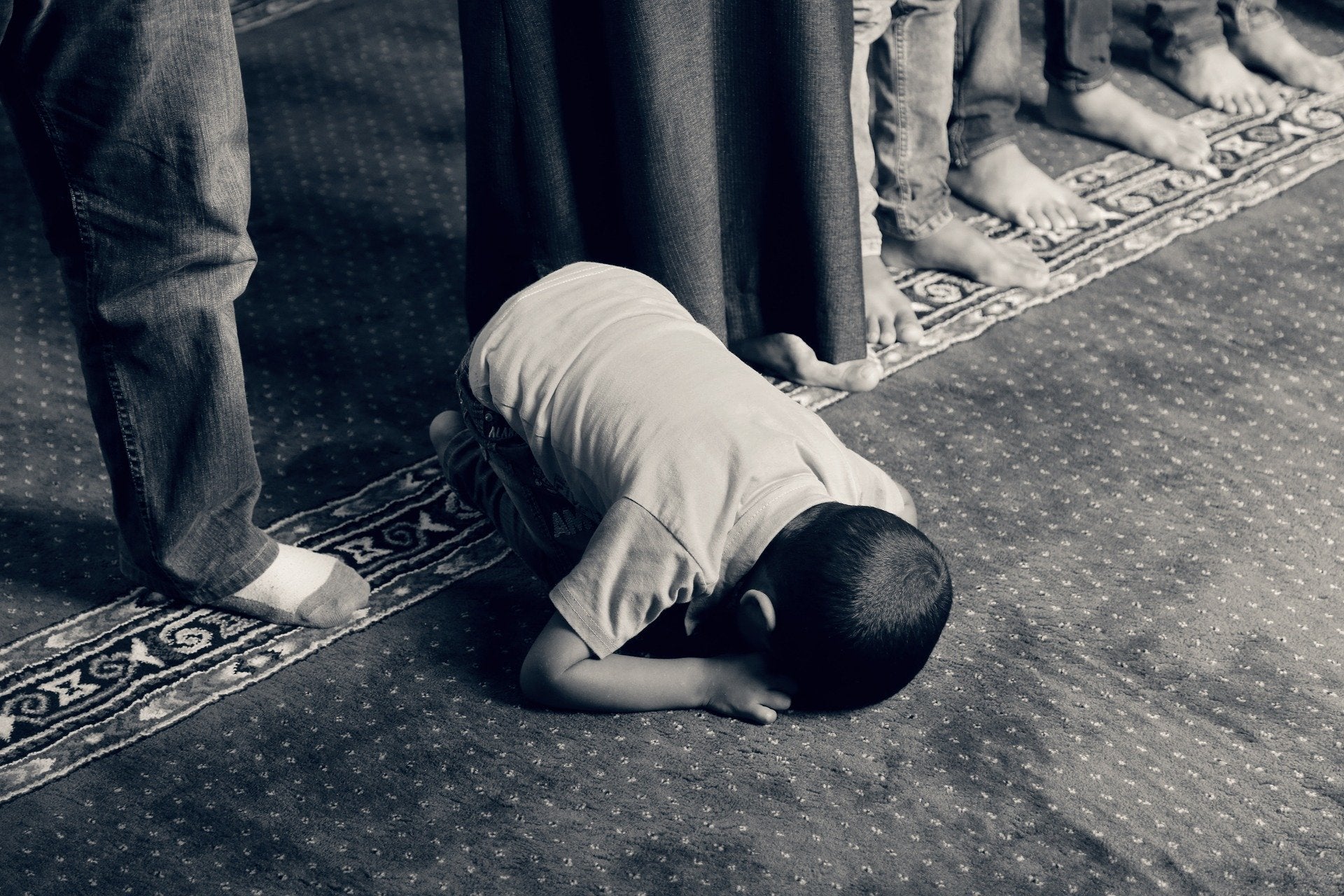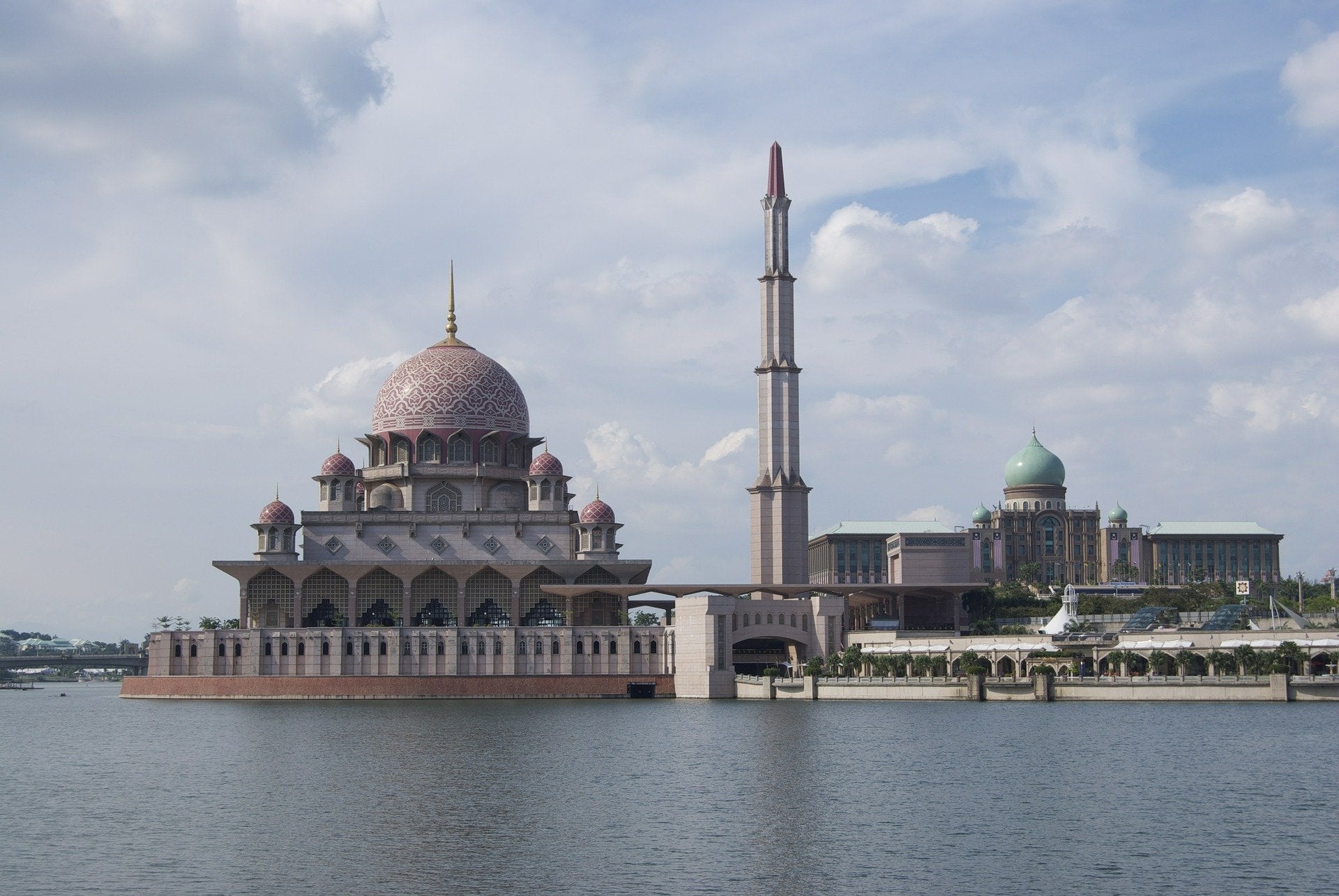Seeking Solidarity: Rethinking the Muslim community in the pandemic era
contributed by Nurul Fadiah Johari, 01 June 2020
Ramadan has just ended, and it has been a very unsettling one, to say the least. So many aspects of our religious lives, including the idea of the community, have to be readjusted. Though, as some would put it, physical distancing does or should not equate to social isolation. The task of solidarity-building, especially with the most marginalised in our communities, should be continually emphasised as a key aspect of our religiosity and spirituality.
Rethinking community
A very crucial aspect, one which is still lacking in the dominant discussions or responses from religious elites in the Malay world, is the question of community. What constitutes this Muslim ummah? Who gets access into this ummah and who gets left out, especially in this period of physical or social distancing?
The notion of the community, in the dominant discussions, still primarily revolves around the practice of communal rituals, especially the performance of congregational prayers in mosques and other public spaces. This is a very superficial understanding of community, one which privileges the needs of those who get to access these spaces in the first place. While other discussions may address some of the needs of the poor and marginalised, they are still spoken through the language of charity. The deeper questions of social justice and how religious frameworks could be used to address structural inequalities are still very much lacking.
In the Malay world, where the dominant religious orientation points towards the performance of these personalised rituals in a communal setting, the task of physical distancing feels like an affront to this sense of community-building. Mosques and other physical spaces have been closed, much to the dismay of large segments of the community. It certainly is a dramatic shift for many, whose sense of being part of the religious community is fundamentally tied to these spaces.
Questioning gender roles within the Muslim community
No doubt, the performance of rituals comes with the aspect of socialising, especially for men, whose public participation is certainly more encouraged than women. Attending mass prayers in the mosque, especially after breaking their fast in the evening, is a time for men to catch up with friends in the community, an escape from the demands of work and domestic life.
In some segments of the Malay-Muslim society, these shifts have caused discomfort in men who are suddenly forced to remain in the domestic sphere, one which for a long time is seen as a domain for the women in the family. The performance of ritual prayers, which is also highly gendered, would mean that men would have to take on the role of the imam or leader in the prayers. For some men, this is a novel experience. For some women, who have been used to leading prayers in the company of other women and children at home, this shift of roles would mean that they would have to assume a secondary role, despite their capability in leading prayers and other religious duties.

Child prostrating in prayer alongside adults. Credit: https://pixabay.com/
The question of gender roles, beyond just the performance of rituals, must be addressed from within the Muslim community. In the situation of deep socio-economic precarity, there would certainly be shifts in gender roles, where men may not necessarily be able to perform their roles as the main breadwinners anymore.
The domestic space becomes more pronounced, and if some of these roles are not rethought, there is a fear that these current conditions may simply reinforce these gendered hierarchies. The assertion of male authority may become more pronounced outside of economic provision. This is especially so within the Muslim community, where the notion of male authority is legitimised from within the dominant understanding of Islam.
As it is, we already see a spike in the cases of domestic violence all over the world. Victims are often forced to remain in the same home as their abusers, with nowhere else to go. Given that domestic violence is highly gendered and tied to these gendered hierarchies, how should religious communities address this problem? The overwhelmingly patriarchal approaches in the Muslim community, unfortunately, may be further reinforced in this current state of deep uncertainty and anxiety.
Beyond religious authoritarianism and technicism
So far, the dominant responses from the religious elites in this region point towards a ritualistic and legalistic approach towards Islam. This means that the biggest concerns are ones of the performance of rituals, as well as other outward or technical aspects of religious practice. Such approaches may not be very cognisant of the more pressing aspects of the community’s well-being, i.e. the lived conditions of the most marginalised. These approaches may also end up perpetuating socio-political apathy and paralysing the moral and political will to address these injustices.
There is a need to break the spiritual, intellectual and political impasse within religious communities. This means to break away from a religious environment that does not challenge injustices or one which uses religion to justify authoritarianism. The current pandemic situation has reinforced political authoritarianism in many societies, and we certainly cannot separate religion from this phenomenon.

Putrajaya Mosque in Malaysia. Credit: https://pixabay.com/
Often times, we can see how religion is operationalised within dominant ideological frameworks in support of the status quo. This includes, for instance, using religious arguments to blame marginalised groups for causing the pandemic, seen as a wrath from God. Or, how a fatalistic understanding of religion is appropriated by the more privileged in society to dismiss the problems of inequalities and discrimination faced by those who are more greatly impacted by the pandemic.
Seeking hope and solidarity: the prophetic call for justice
Hope cannot thrive if people do not build solidarity beyond the narrow confines of their understanding of community, which may end up perpetuating tribalism and entrenching the existing power structures. We sometimes hear leaders speaking of being patient in times of great turmoil, especially in response to what they view as dissent. However, it is crucial to note that being patient in face of crisis does not and should not entail inaction and apathy, especially one that is religiously driven.
It is important to revisit the ways of the Prophet in the struggle for social justice. The prophetic spirit in times of crisis calls for the struggle for social justice, not the reinforcement of the same hierarchies; be it religious, political or economic. While those in power will clamour to maintain their authority, often times using religion as a source of moral compass to justify their authority, we know that this goes against the prophetic call for justice and aligning ourselves with the oppressed.
That is how hope flourishes, not by promoting the idea that the world is ending, but that we are also the makers and shapers of the image of heaven within our lifetimes. To do that, we need to allow spaces for our religious imagination, more than ever, to flourish. This is a kind of imagination that is derived from various elements in our traditions and cultures. A kind of collective imagination that is oriented towards collective action.
In a time where fundamental and existential questions are being raised within various communities, it is vital that Muslims also do the same, for the sake of our community’s flourishing. That task should no longer fall into the hands of the elites and specialists anymore, especially if we are committed to the prophetic call towards solidarity and social justice.
This quote by the scholar Khaled Abou El Fadl in a recent sermon that he gave, is a timely reminder to conclude this piece:
“What made the first generation of Muslims such a powerful force? If they were taught to be technical literalists, tasked with figuring out the ins and outs of a text, Islam would have never amounted to anything. The secret power that Islam gave the first Muslims was: first, they were taught their worth as free men and women; that they mattered because God assured them they mattered. And second, they were taught to have a passion for justice and beauty. Approach this Ramadan and this pandemic with the energy of the First of Muslims, not with the energy of today’s broken Muslims who seek the permission of 100 shaykhs before forming their own independent thoughts or sense of morality.”
Nurul Fadiah Johari is a Research Associate at the Social Service Research Centre in NUS. Her research interests include the interplay of power and ideology in the construction of dominant narratives on socio-economic issues, as well as the intersection of socio-economic class, ethnicity and gender in the shaping of policies and their impact on marginalised communities.
Disclaimer: The views and opinions expressed in this article are those of the authors and do not necessarily reflect the position of the blog editorial team or the Asia Research Institute.
South Asia | Southeast Asia | East Asia | Other Places | Hinduism | Buddhism | Islam | Christianity | Other Religions

